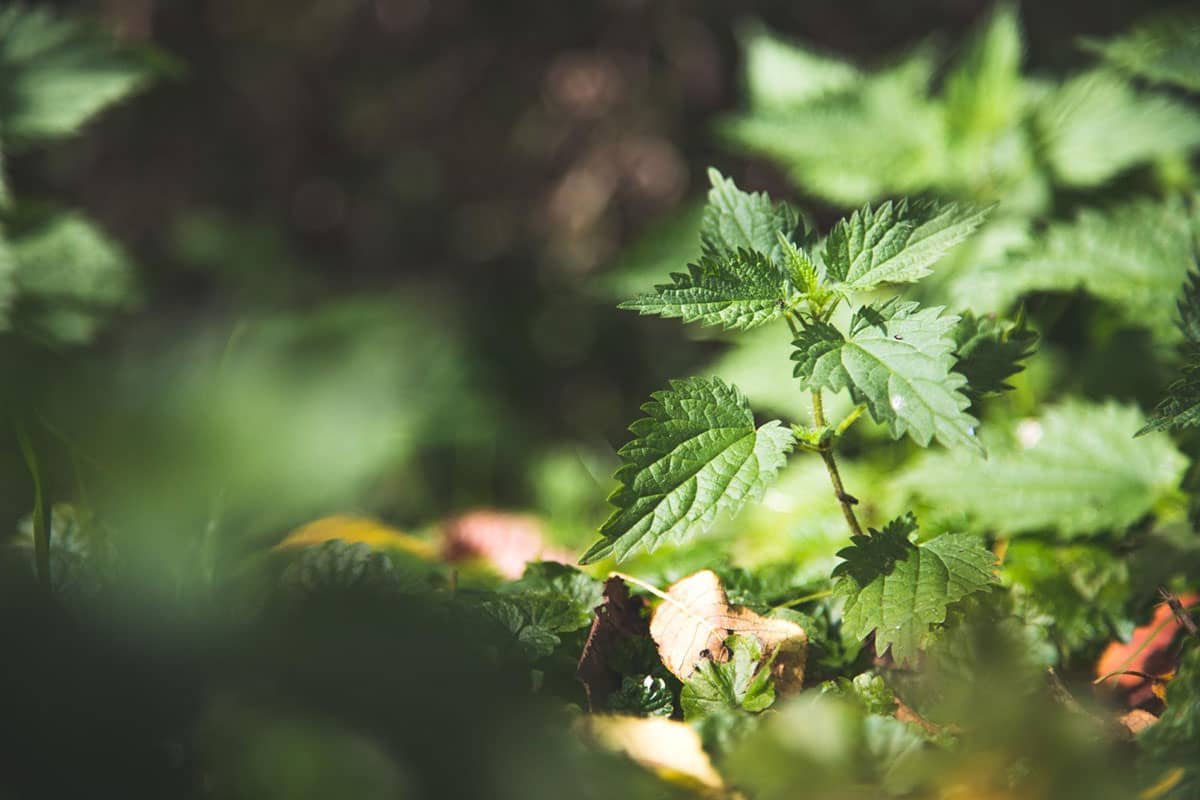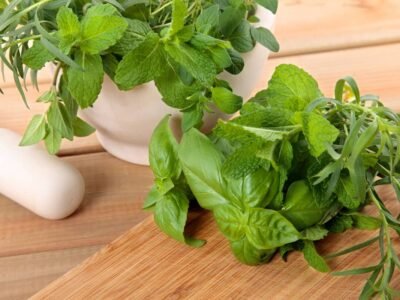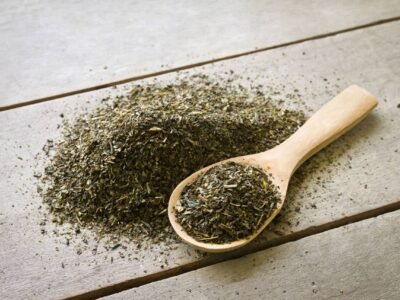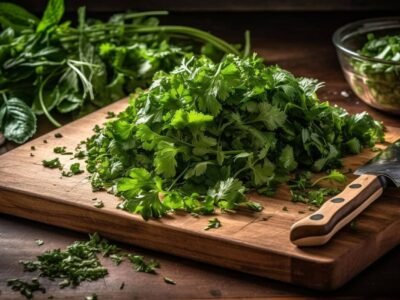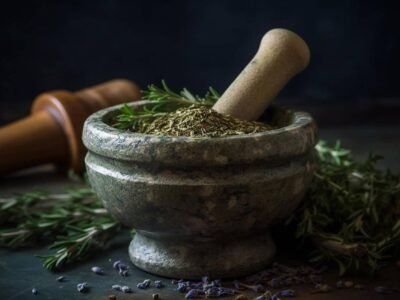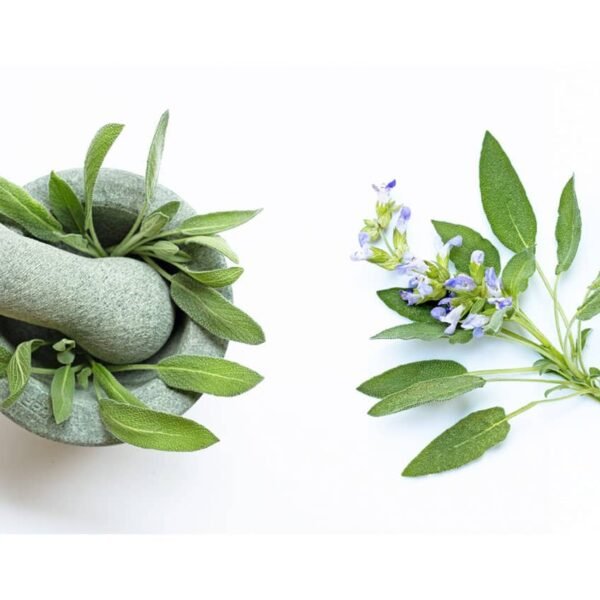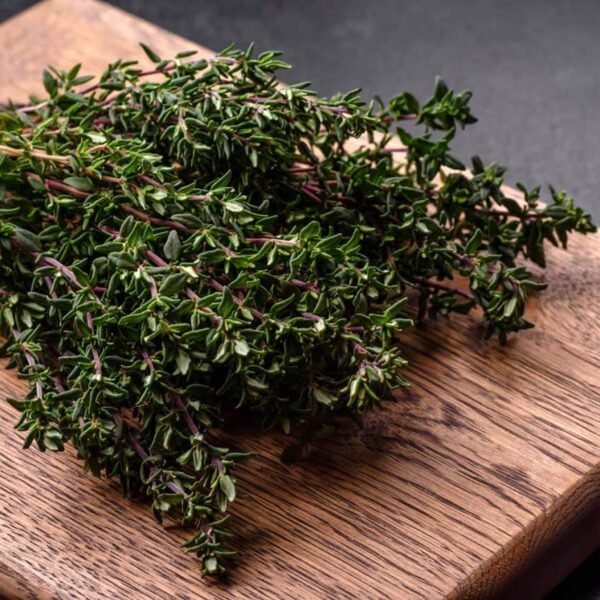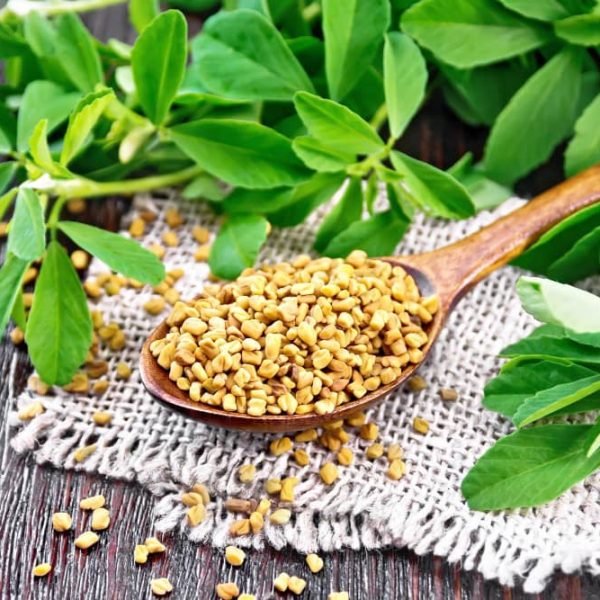In this article, we’ll look at how nettle can help boost the immune system. We’ll take a closer look at the properties of nettle, explore how it can help boost the immune system, and provide tips on how to incorporate it into your diet. We’ll also discuss the potential side effects of using nettle and provide some suggestions for further research.
Nettle, also known by its scientific name of Urtica dioica, is a herbaceous perennial plant used for centuries for its medicinal properties. It is a tall plant that grows up to 2 meters tall and is usually found in moist, temperate climates.
The plant is recognizable by its distinctive heart-shaped leaves and small green flowers; it is also known for its stinging hairs, which can irritate if touched. In recent years, nettle has been gaining popularity due to its health benefits and its ability to help boost the immune system.
Nettle has a long history of use in traditional medicine, with records dating back to ancient Greece. One of the first recorded uses was as an herbal remedy for joint pain and gout. In traditional Chinese medicine, nettle has been used to treat many ailments, from kidney stones to urinary tract infections. It has also been used to treat skin conditions, fevers, coughs, and asthma. Research has recently focused on nettle’s potential to boost the immune system.

Nettle Can Help Boost Your Immune System
Nettle leaves are a rich source of vitamins and minerals. They contain vitamins A, C, and K and calcium, iron, magnesium, manganese, phosphorus, and potassium. Nettle is also a good source of protein and fiber, low in calories and carbohydrates. The leaves of the nettle plant also contain several bioactive compounds that are thought to have medicinal properties, including carotenoids, flavonoids, and polyphenols.
The benefits of nettle extend beyond its nutritional profile. Nettle has been found to possess anti-inflammatory properties, which are thought to aid in treating autoimmune diseases, allergies, and inflammation. It is also thought to boost the immune system by stimulating the production of certain immune cells and increasing the production of antibodies and cytokines.
Other research has suggested that nettle can help reduce the severity of seasonal allergies and improve overall health and well-being.
Properties of Nettle
Nettle, scientifically known as Urtica dioica, is a flowering perennial plant that belongs to the family Urticaceae. It is a hardy yet versatile plant that is often found in many parts of the world, growing in moist areas, along riverbanks, and in meadows with deep and nutrient-rich soil.
The plant boasts many health benefits and is widely used in traditional medicine for its medicinal properties. Nettle is rich in vitamins and minerals, including calcium, iron, magnesium, and vitamins A, C, and K. It also contains several phytonutrients and antioxidants, making it an excellent source of essential nutrients for overall health.
Regarding medicinal properties, nettle is known for its anti-inflammatory and diuretic properties. It can help reduce inflammation in the body, reducing pain and swelling and improving overall health. It can also help reduce the symptoms of allergies and has been used in traditional medicine to treat skin conditions such as eczema and psoriasis.
Nettle also contains certain chemical compounds, such as lignans, polyphenols, and flavonoids, which have anti-inflammatory properties and can help boost your immune system. It also contains saponins, which act as natural disinfectants and can help boost your body’s natural defenses.
Nettle is also rich in chlorophyll, which can help reduce free radicals in the body that can cause oxidative stress. It also contains rutin, which is known for its anti-inflammatory and antioxidant properties. Lastly, nettle contains polysaccharides that can help improve your body’s ability to fight off infection.
These properties make nettle an excellent choice for boosting your immune system and overall health. It is packed with essential vitamins, minerals, and other essential compounds that can help improve your body’s natural defenses, reduce inflammation, and improve your overall health.

Ways Nettle Can Help Boost the Immune System
Nettle is a natural remedy that has been used for centuries as an immune system booster and for its medicinal benefits. It is a herb packed with many essential vitamins and minerals, and it has many properties that can help boost the immune system.
Nettle works to strengthen the immune system by providing a variety of antioxidants, which are substances that help to reduce oxidation damage to cells. Antioxidants can help reduce inflammation, a major cause of many diseases. Nettle also contains compounds that can help to stimulate the production of specific immune cells, such as white blood cells and antibodies.
Nettle also has anti-inflammatory properties that can help to reduce inflammation in the body. This is especially beneficial for people who suffer from autoimmune diseases, as it can help reduce the associated symptoms. Nettle also has compounds that can help to fight off infections, which can help to reduce the risk of illnesses.
Nettle also has several other medicinal properties that can help to boost the immune system. For example, it can help reduce symptoms of allergies and asthma, and it is also known as a natural diuretic, which can help flush the body of toxins. Additionally, nettle can help reduce cholesterol levels, which can help reduce the risk of heart disease.
Nettle is also known for its ability to reduce inflammation and improve circulation. This can help improve the body’s ability to fight infection and disease. In addition, it can help to reduce the risk of certain types of cancer, as it contains compounds that can help to fight off the growth of cancer cells.
Nettle is an incredibly powerful and effective herb that can help to boost your immune system. By incorporating it into your diet, you can reap its many benefits.
How to Incorporate Nettle into Your Diet
Nettle is an incredibly versatile plant that can be enjoyed in many forms. It can be easily incorporated into your daily diet, from teas and tinctures to culinary delights like soups and stir-fries. Here are some ways to add nettle to your diet and the benefits that come with it.
Different Forms of Nettle
Nettle is available in many forms and can be used for both culinary and medicinal purposes. For culinary purposes, fresh nettle can be harvested and cooked like any other leafy green. It can also be dried and stored for later use. Nettles also make an excellent tea. For medicinal uses, nettle can be made into a tincture or purchased in capsule form from most health food stores.
Popular Recipes and Drinks Featuring Nettle
Nettle is an incredibly nutritious plant with a mild flavor. It can be enjoyed in many recipes, including soups, stir-fries, smoothies, and salads. Nettle also makes an excellent tea or can be infused in hot water and enjoyed as a hot drink.
Tips for Incorporating More Nettle into Your Diet
Nettle is an incredibly nutrient-dense plant and should be enjoyed as part of a balanced diet. Here are some tips for incorporating nettle into your meals and drinks.
• Always make sure to wear protective gloves when harvesting nettle to avoid any irritation.
• When harvesting nettle, aim to take the plant’s top two to three leaves, as these are the most nutrient-dense.
• Try adding nettle to smoothies or soups to boost vitamins and minerals.
• Nettle makes an excellent tea, and can be enjoyed alone or mixed with other herbs for added flavor.
• Nettle can also be used in salads or stir-fries for a nutrient-dense meal.
• Nettle tinctures or capsules can be purchased at most health food stores and used as needed to support the immune system.
Incorporating nettle into your diet can be an easy and delicious way to boost your immune system. With its mild flavor and nutrient-dense properties, nettle can be enjoyed in many recipes, drinks, and medicinal forms. Whether enjoyed fresh or cooked, nettle is a great way to add vitamins and minerals to your diet and support your immune system.
Potential Side Effects
Nettle is a natural supplement with many benefits, but it is important to be aware of potential side effects when considering incorporating it into your diet. Possible allergic reactions, interactions with medications, and other possible side effects should all be taken into consideration before use.
Allergic Reactions:
Like with any supplement, there is a risk of allergic reaction when using nettle. It is important to be aware of your allergies and any potential reactions before consumption. Symptoms of an allergic reaction may include hives, difficulty breathing, swelling of the throat or tongue, and itchy skin. If you experience these symptoms after consuming nettle, seek medical attention immediately.
Interactions with Medications:
Nettle may interact with certain medications. Before taking nettle it is important to speak with your doctor to ensure that it is safe to do so. It is especially important to note that nettle may interact with blood-thinning medications, such as warfarin, and other medications that may affect blood clotting. It is also important to note that nettle may interact with medications that are used to treat diabetes or other conditions.
Other Possible Side Effects:
In addition to allergic reactions and interactions with medications, nettle may have other potential side effects. Some of the possible side effects include upset stomach, nausea, and headache. Additionally, nettle may cause dry mouth, dizziness, and difficulty sleeping. It is important to be aware of these potential side effects and stop using nettle if any of these symptoms occur.
It is also important to note that more research is needed to determine the long-term safety of nettle. Additionally, pregnant or breastfeeding women should avoid using nettle, as insufficient research exists to understand the potential risks.
In conclusion, while nettle has many potential benefits, it is important to be aware of the potential side effects and interactions with medications. Allergic reactions, as well as upset stomach, nausea, headache, dry mouth, and difficulty sleeping, are all potential side effects that should be considered before use. Pregnant or breastfeeding women should avoid using nettle and speak to a doctor before taking nettle if you are on any medications.
Conclusion
Nettle is an incredibly powerful plant with numerous medicinal and nutritional benefits. It is known to have amazing anti-inflammatory properties and can stimulate the production of certain immune cells. This means that nettle can be a great addition to any diet, as it can help to boost the immune system and protect against illness and disease.
However, it is important to remember that nettle should be used responsibly. Allergic reactions are possible, as are interactions with certain medications. As such, it is recommended that you consult with a physician before consuming nettle or incorporating it into your daily diet.
Overall, nettle is a great option for anyone looking to improve their overall health and wellbeing. It can help to strengthen the immune system, reduce inflammation, and provide essential nutrients. Furthermore, it is a versatile ingredient that can be used in various recipes and drinks.
Finally, it is important to remember that further research is needed to understand nettle’s effects on the immune system fully. This is an area of ongoing exploration, and as such, we are still learning more about the potential benefits of nettle.
In conclusion, nettle is a robust plant with amazing properties that can help to boost the immune system. It is a versatile ingredient that can be incorporated into numerous recipes and drinks, providing essential nutrients and anti-inflammatory benefits. However, it is important to use nettle responsibly and always consult with a physician before using it in your diet.

